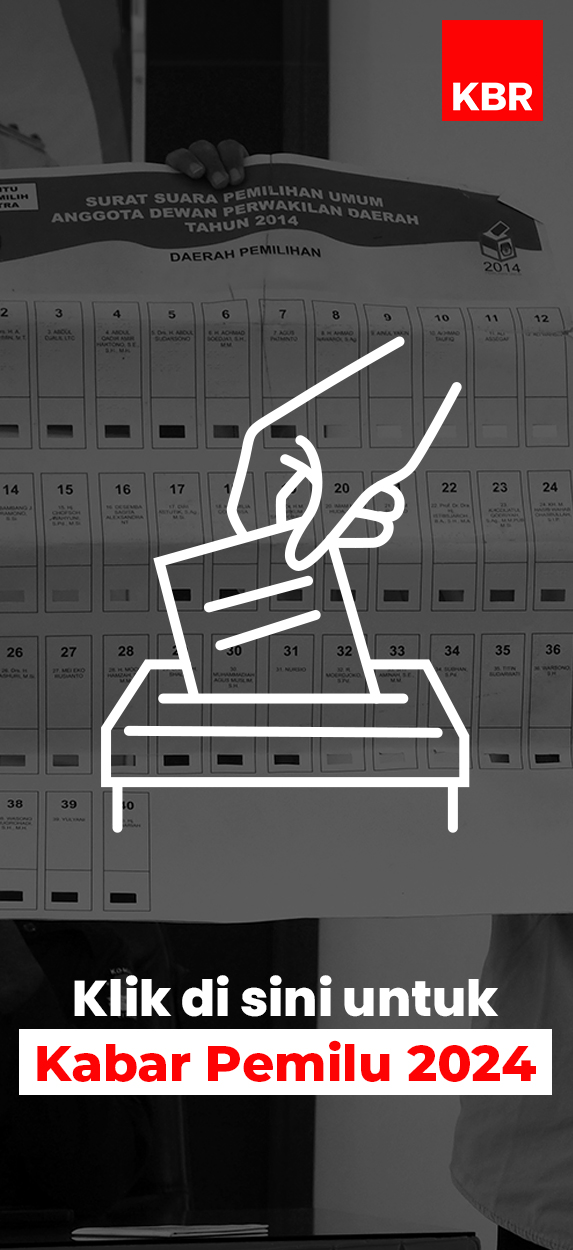Ko Aung decided to start sending videos for the Democratic Voice of Burma during the monk’s uprising against the military rule.
“In September 2007 during the saffron revolution I was with all protesters with all the young people on the streets and I was shot at by the military. The soldiers were firing on the people and I didn't even have a rubber band to shot back at them with… but then I realized that a camera was a way of shooting back.”
It was dangerous decision…and he spent three three years in jail for his work.
“In 2008 I was assigned to get information from the voting stations during the referendum for the new constitution. I was there doing that I was found by the police and they arrested me, investigated me and put me into jail….
I asks him, “How did you feel?”
“I felt afraid and scared,” he says.
VJ’s like Ko Aung and his colleague Aye Min Htike use to work totally alone.
“Back then there was no way we could know each other because if we know each other and we are caught, the police might make us talk and give out information about the other reporters. But now it’s much better..., easier…we can sit next to each other we can talk to each other and it’s easy to work on projects together and ask questions of each other.”
They now work together in the new DVB office in the center of the economic capital Yangon.
After 20 years they are closing their offices in Oslo, Norway. For years DVB was forced to broadcast via satellite from Oslo, Norway but after the reformist President Thein Sein eased press restrictions and released their journalists from long prison sentences DVB decided that is the time to return….
“With these changes, the opening up of the media in the country we can now go back to the country and set-up our media operations in the country.”
That’s Khin Mau Wing, the deputy director DVB. He recently visited his home village for the first time since he fled the country in 1988.
He was involved in a fail democratic uprising back then. Hundreds of his fellow activists were jailed and many more like him were forced into decades of exile.
But recently he interviewed the current President Thein Sein and got to ask him questions….….something unthinkable a year ago.
“We’ve heard you’ve stressed that a free media provides the country with its fourth pillar. How far has the media reform process gone? And what does the future hold regarding this sector?” asked Khin Mau wing in the interview with the President.
“We have granted a lot of freedom to the media unlike in the old days. There are no more restrictions whatsoever. We formed [media] bodies to oversee the media’s work. There are two key things – the media plays an important role in the country’s development and in democratic reforms, and the media needs to point out the government’s weak points.”
Like many people he finds it hard to believe how things have changed.
“We feel like the dream is coming true… “ Kim says in amazement.
“We have never realized we can open such a office short period of time… but suddenly with changes by the government it allowed many local and international media to operate freely…so we go back and we set up a office on July 2012…it’s like a dream coming true and of course it’s an exciting moment to.”
DVB itself now faces the challenge of moving from an underground network of video journalists to a professional newsroom.
And there is also uncertainty about how long this window of change will stay open.
“They are sincerely making changes for the country but we are not saying that the changes are prefect still very far from perfect there is also a risk that they can reverse at anytime. Instead of criticizing the changes from outside why we don’t be part of this and make it the way we want and so the change will become more genuine.”
Journalist Aye Min Htike says they still face resist from some officials and police when trying to interview them…but says things are rapidly changing.
“Back in the day when it was not free like this we were mainly doing stories from the rural areas not the cities…… We had no access to the authorities we could no ask questions of them the stories were based solely on citizens information but now we are getting information from both sides.”
DVB recently broadcast a footage of policemen beating two women who appear to be standing by peacefully.
It was police crack out against a protest over land-grabbing in the Irrawaddy delta region. One police officer was killed in the clash and 70 people were injured.
State media said locals refused to negotiate and began attacking first but DVB gave air time to the villagers like Aung Latt who have a different story.
“We were just there and they came smashing the barricades, raiding us. They beat up three women at the front so we lost tolerance and defended ourselves.”
He shows his arms as he is rushed to hospital in an ambulance.
With stories like this the Democratic voice of Burma are continuing to providing a vital voice for as Burma continues to open up.







